PUBG Mobile’s announcement of 144Hz support marks a significant milestone for mobile gaming, signaling an industry-wide shift toward premium, high-refresh-rate experiences. Tencent’s rollout has prompted immediate responses from leading smartphone brands, each eager to showcase their compatibility and reinforce their positions within the gaming market.
Major Brands Announce 144Hz PUBG Support
Honor has quickly announced support via their GT Pro and MagicPad 3 models, while OPPO highlighted the Pad 4 Pro tablet. OnePlus and Realme followed suit, confirming their latest flagship devices are ready for 144Hz gaming. Gaming-centric brands, such as iQOO and Red Magic, have also stepped up, with extensive support across their current lineups, including the iQOO 13 series and Red Magic 10S Pro.
Xiaomi’s Strategic Silence Hints at New Device
In contrast, Xiaomi has adopted a more calculated approach. The company has officially confirmed 144Hz compatibility for PUBG Mobile, yet has not specified which devices will receive the update. Currently, Xiaomi’s only 144Hz-capable device is the Mi 10T series, now considered somewhat dated amid the swift pace of mobile innovation. This silence has fueled speculation that Xiaomi is preparing to launch a new gaming-focused device, potentially leveraging the latest HyperOS platform to compete with other market leaders.
The broader chipset ecosystem is also aligning with this trend. Both Qualcomm and MediaTek have announced that their flagship processors will begin supporting 144Hz gaming, ensuring that a wider range of Snapdragon and Dimensity-powered devices can deliver high-refresh-rate experiences.
As consumer expectations for mobile gaming continue to rise, 144Hz is rapidly establishing itself as the benchmark for flagship devices. The next move from Xiaomi will be critical in determining the company’s competitiveness within this rapidly evolving segment.
Source: IT Home


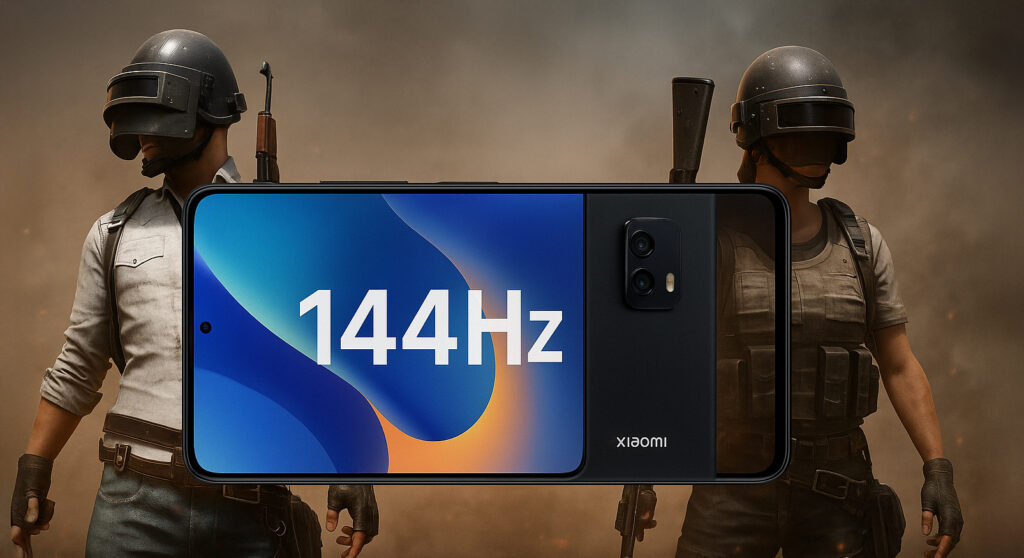
 Emir Bardakçı
Emir Bardakçı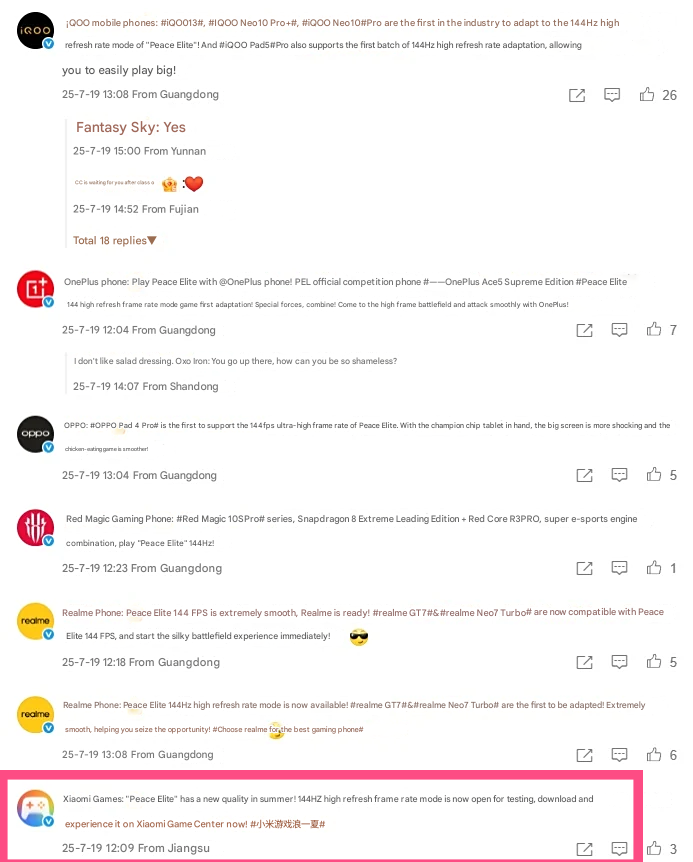
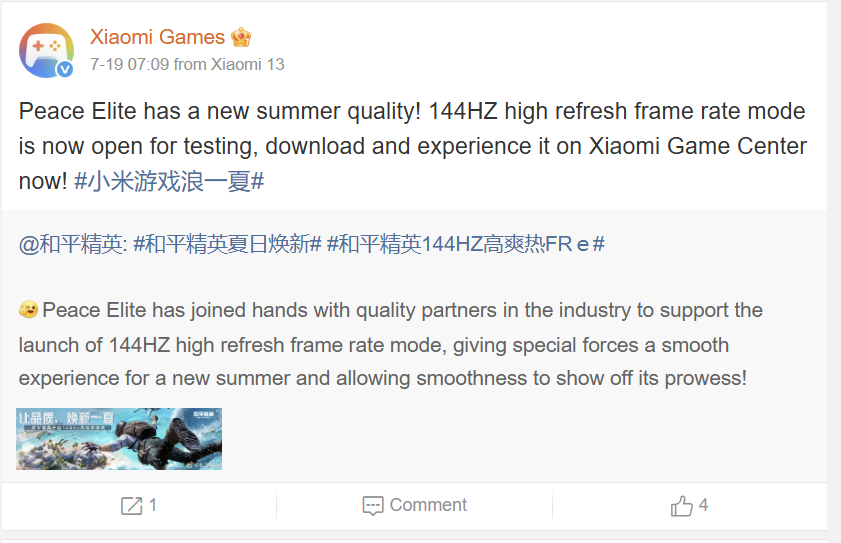
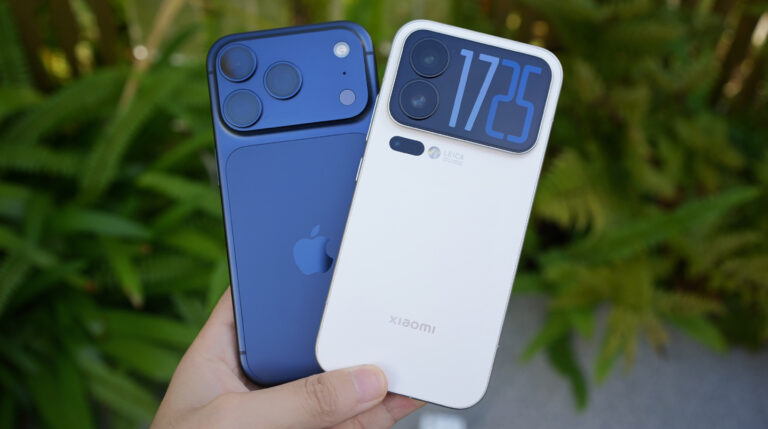
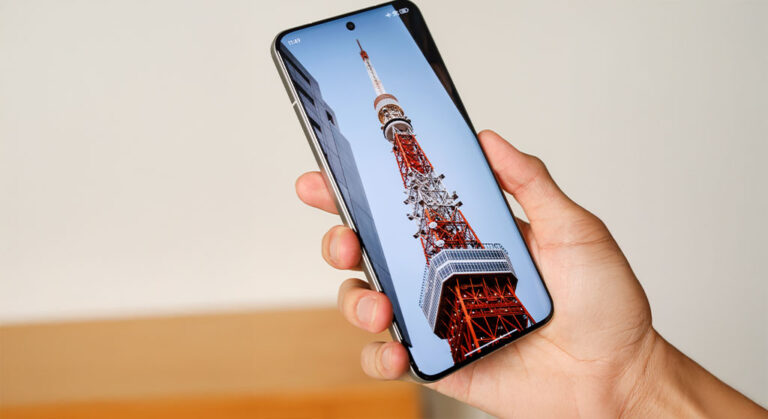
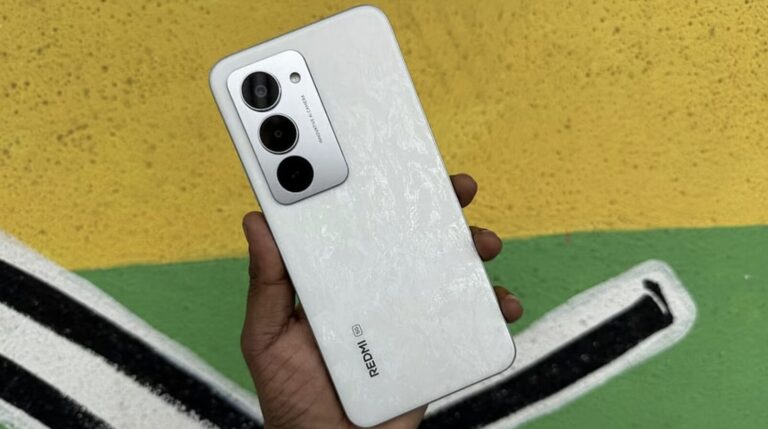
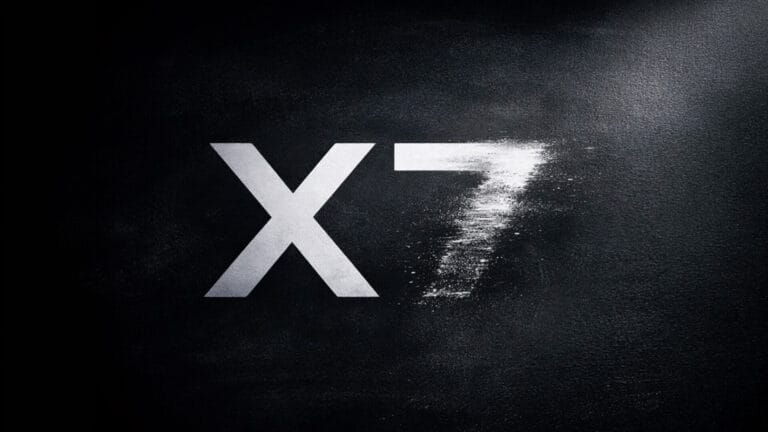
What is that? Xiaomi have more phone that supports 144Hz…
Generally speaking, the human eye cannot perceive differences above 120 Hz.
hope Xiaomi 13t have that feature in pubg
New update